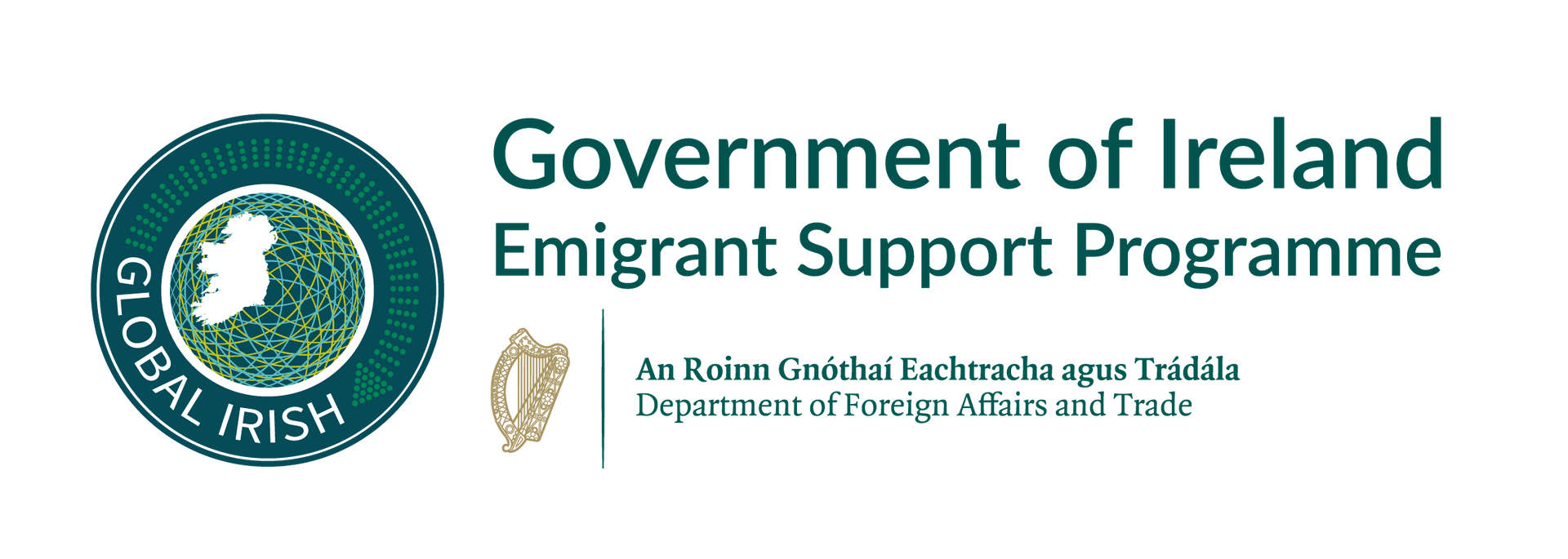Thinking of Moving or Recently Returned to Ireland?
Safe Home Ireland
Established in 2000, Safe Home Ireland is a national charity with a global remit. We offer information, guidance, and person-centred support, ensuring that people have access to the help they need, when they need it most.
Our core pillars of work are, Information, Housing, Outreach, Connect and Projects.
See below for more information on each area:
What People Say About Us
"Thanks to you all at the Safe Home office and for coming all the way down to Cork to help my brother, with all the important documentation. He is so happy to be home again. Without Safe Home, he would still be here in London, dreaming of life in Cork, so for all of that, I can’t thank you enough."
– Family Member
"Coming back to Ireland is what I’ve always wanted. It’s where my heart is, and Safe Home were the people to help me do this."
– Returnee
"Thanks to the Safe Home team for all the help you have given us to start a new life back home in Ireland, surrounded by all the new friends and, more importantly, to be surrounded by our whole family at Christmas for the first time in more than twenty years."
– Returned Couple
Our Impact in 2024
Day to Day Client Interventions
Accommodation Secured
Outreach Visits (Ireland & Abroad)
New Queries
A heartfelt thank you to UTS Technologies for their generous support and sponsorship of Safe Home Ireland and this website.
Safe Home Programme CLG, trading as Safe Home Ireland, is supported by the Department of Foreign Affairs and Trade (Emigrant Support Programme).










